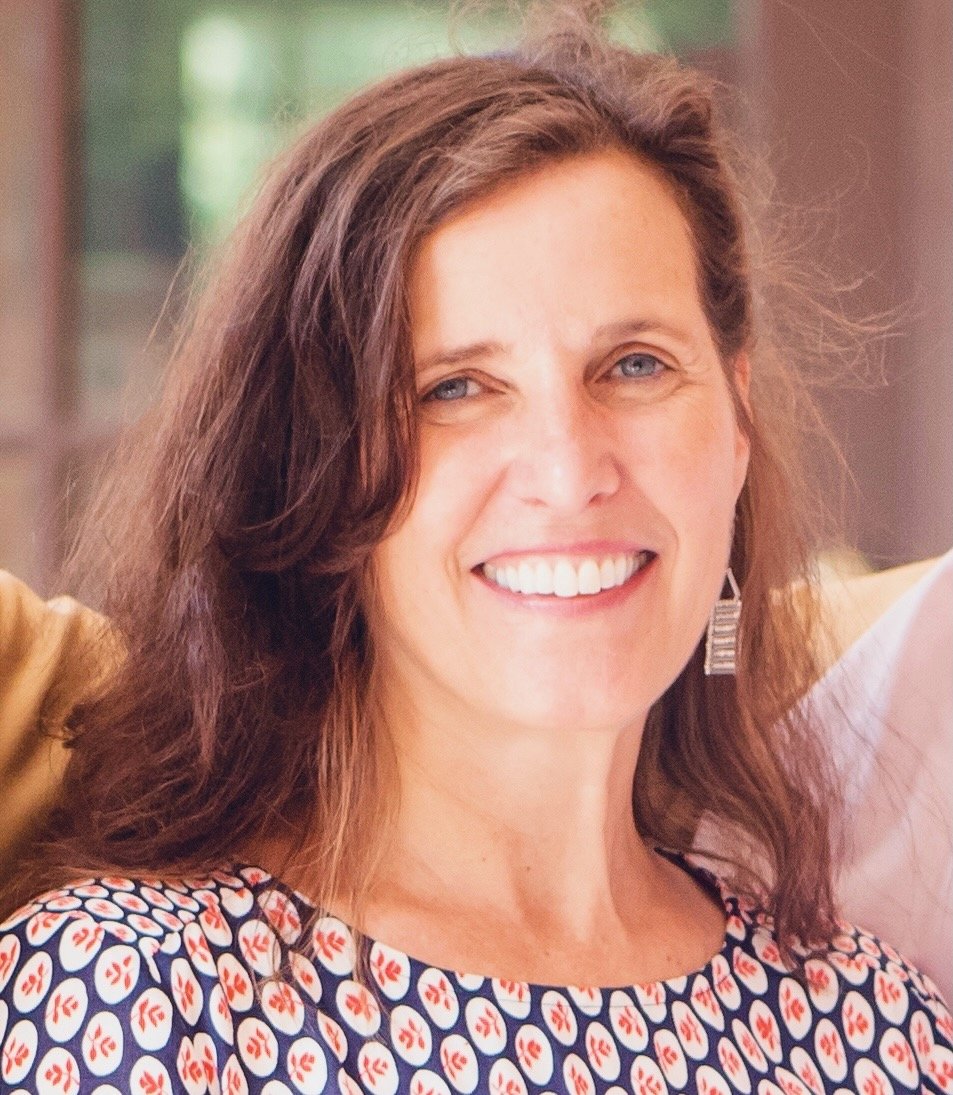Proposal Development Story—The Promise
It began, as these things often do, with a promise. Not just to write a grant, or to meet a deadline, or to impress a funder. But to help a community with a devastating history of child sexual abuse. This was the spirit behind the Robert Wood Johnson Foundation application: part dream, part logistics, part late-night panic. Working across hemispheres meant someone was always groggy. Someone was always apologizing for sending emails from a locked toilet, hiding from children or vacation obligations. Someone (usually me) was always trying to keep the whole thing stitched together with grace, urgency, and caffeine.
The stakes were high, not because we wanted a win, but because we had already made a quiet commitment: that this time, the community would not be an afterthought. We were not building something for them. We were building it with them, and in many ways, under their direction. We became the kind of team that knows when to press and when to wait, when to soften an email and when to escalate. We learned to code-switch across sectors: funder-speak, academic-speak, survivor-speak, and the language of the Marae.
The proposal itself became a kind of manuscript, each edit reflecting both our hopes and our limitations. We weren’t just asking for support—we were trying to reframe the entire problem. This wasn’t about measuring trauma with a one-size-fits-all test. It was about acknowledging colonization, community wisdom, and the need for relational, culturally grounded healing. That meant letting go of control. That meant letting the community lead.
That, too, was part of the promise.
